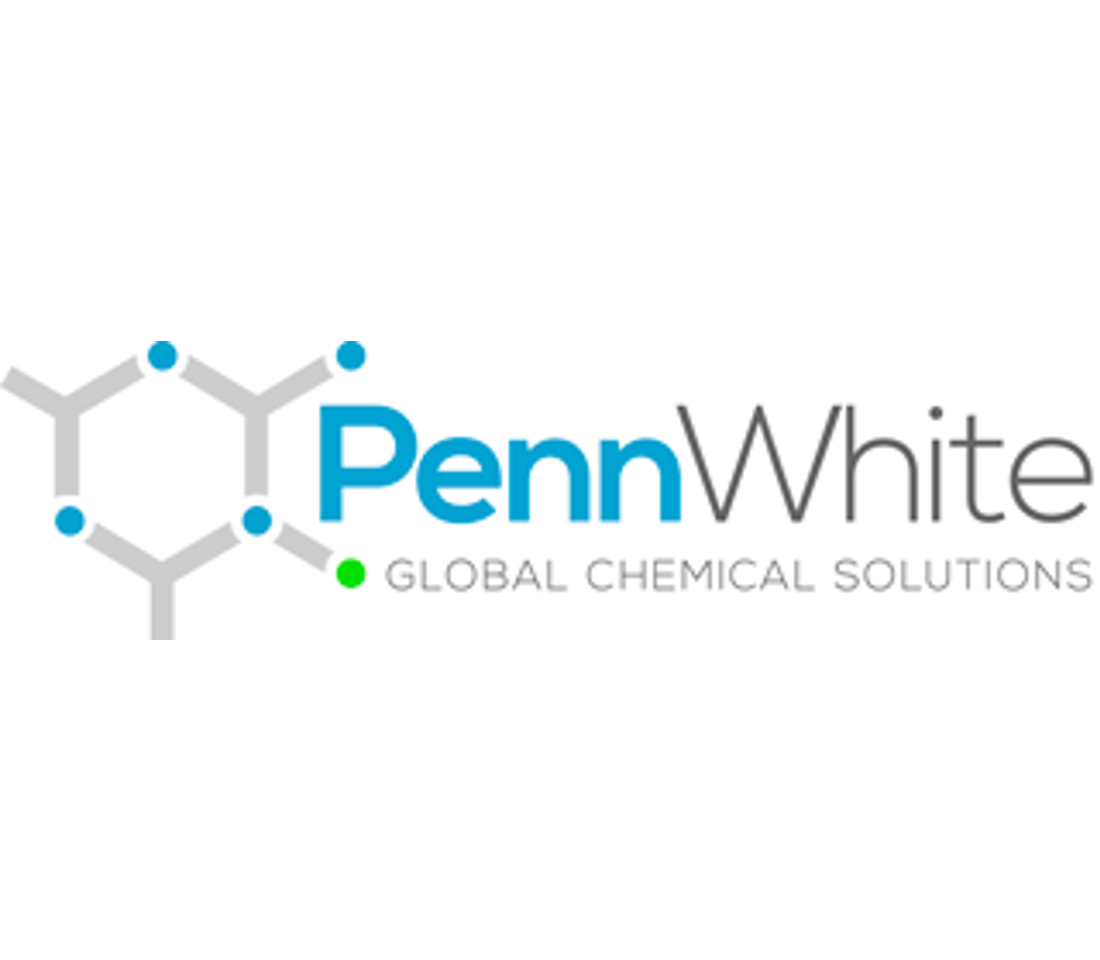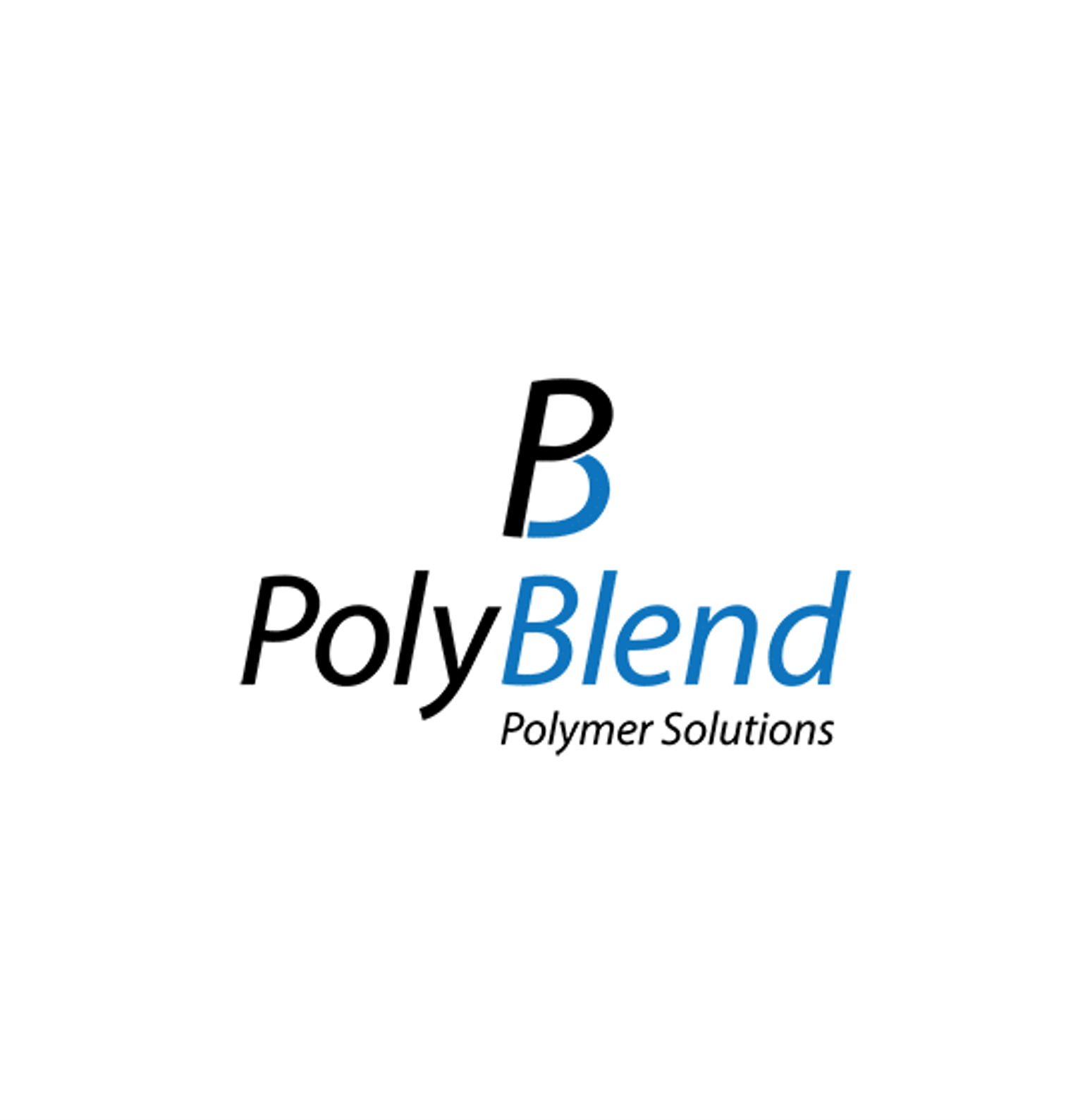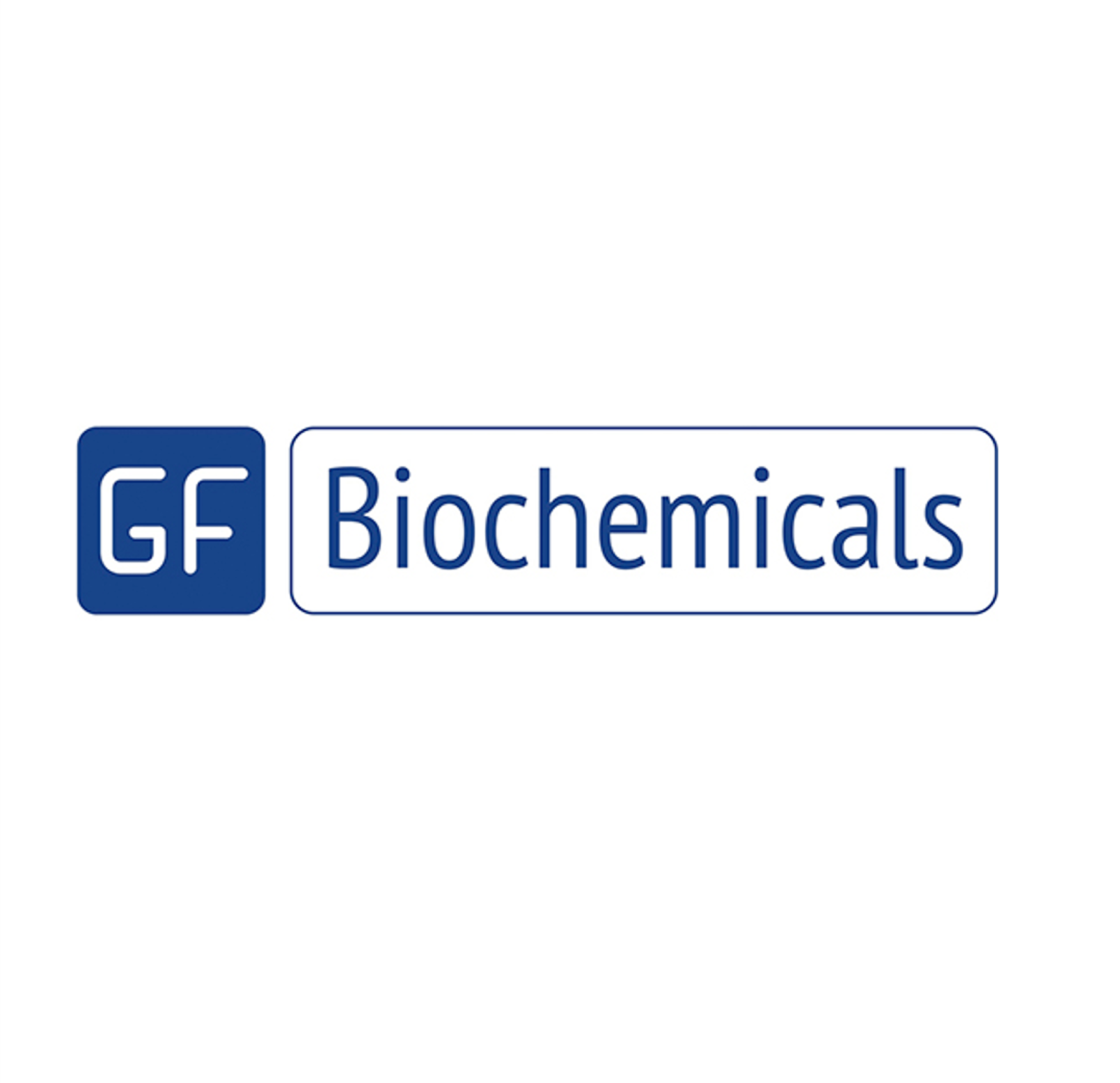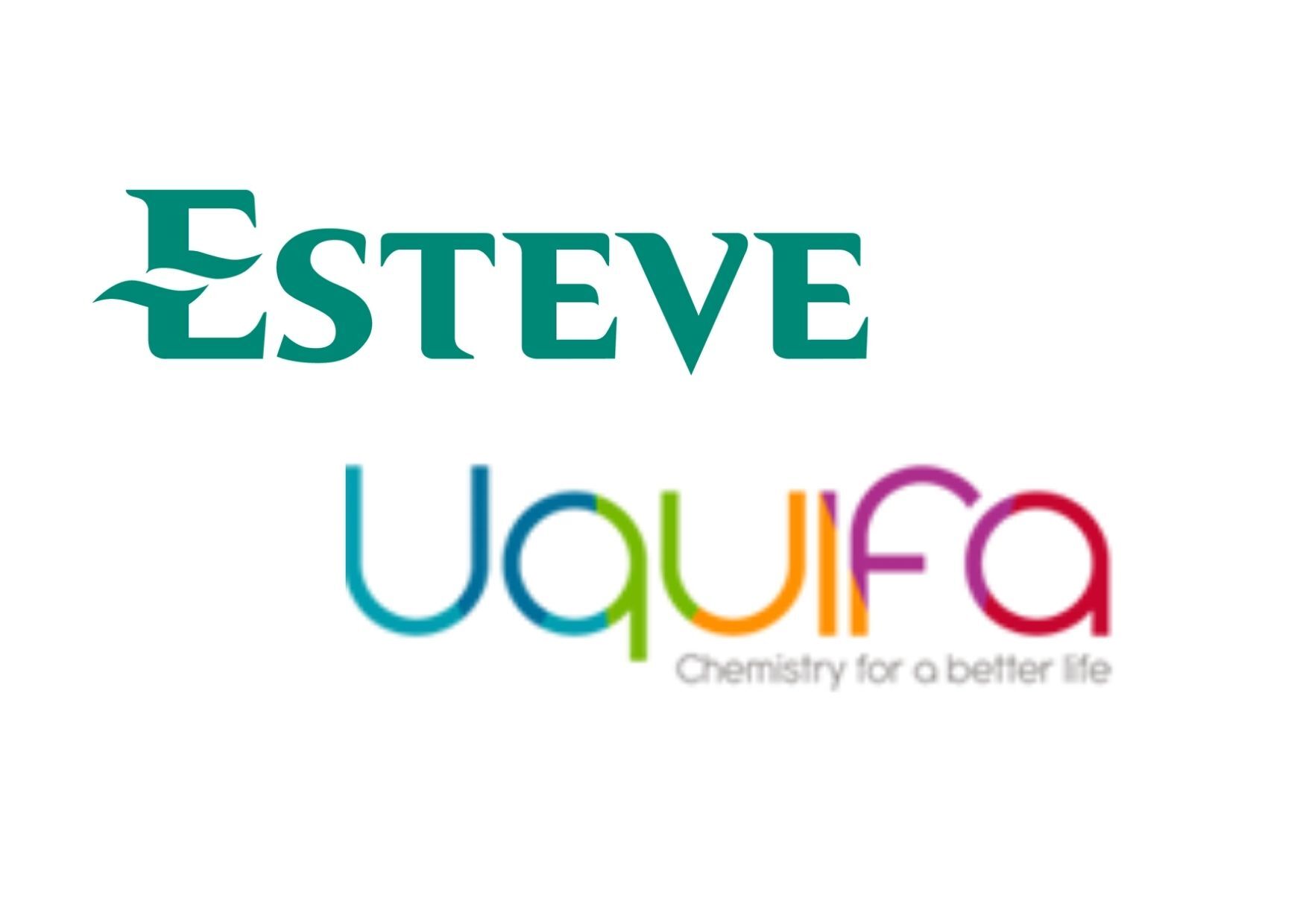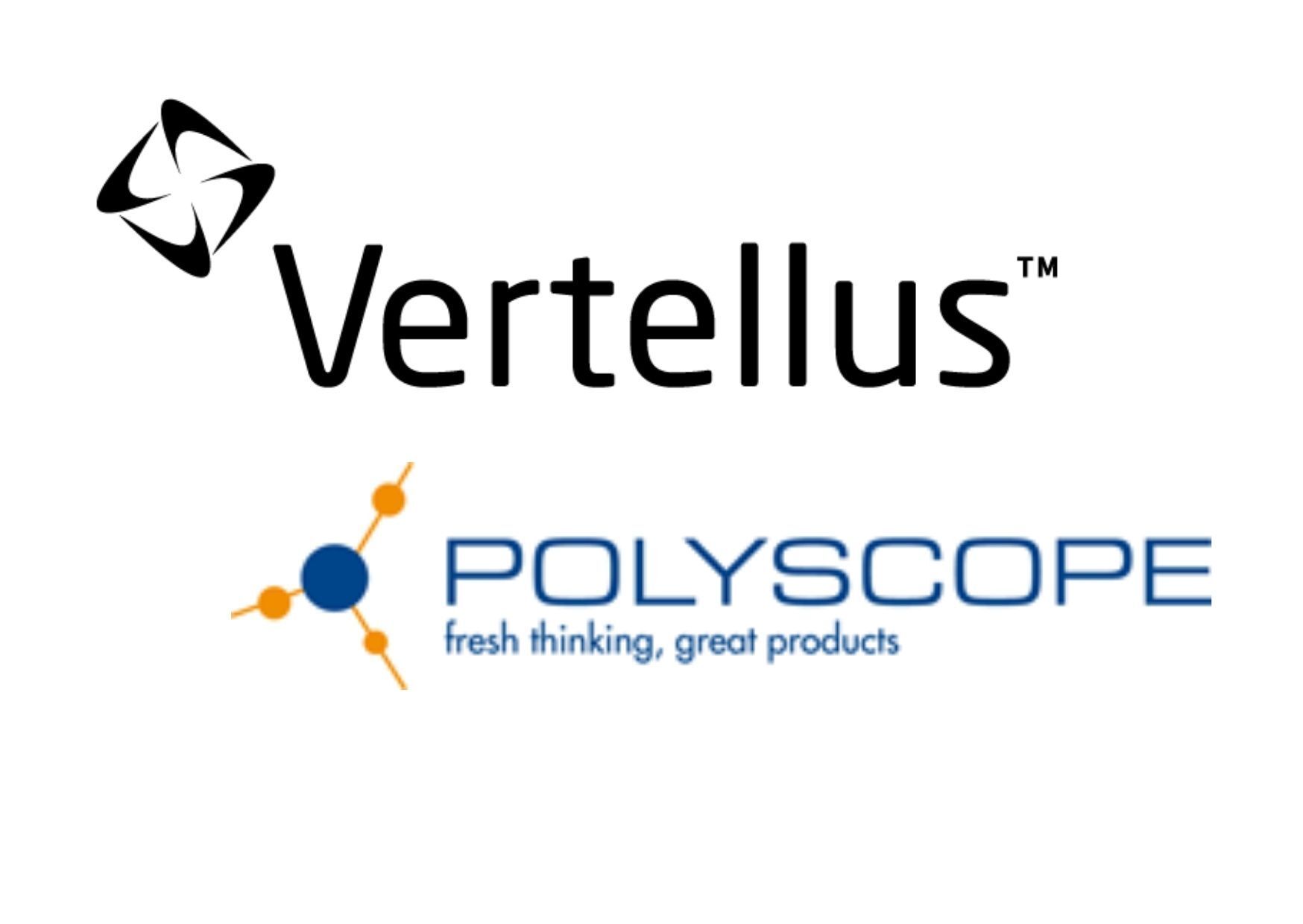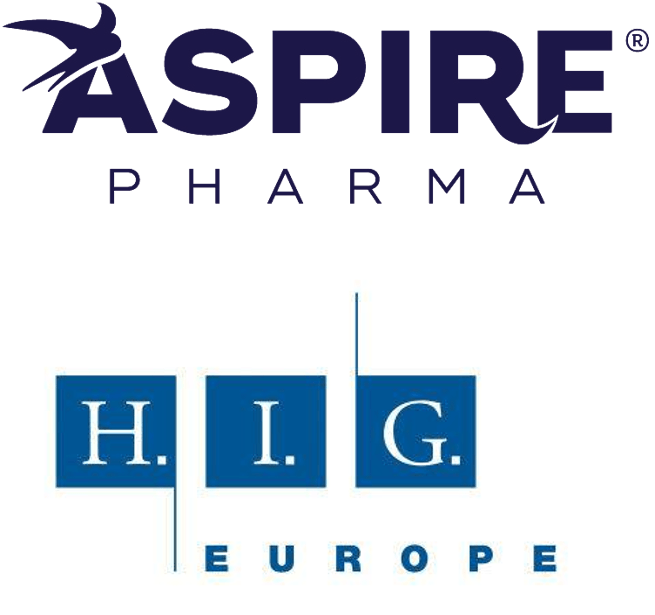Innovation accelerators in the chemicals industry
Sarah Harding • March 4, 2020
Business leaders in the chemicals space should be aware of the support offered by innovation accelerators in their fields, as demand for ever faster routes to market places them under new pressures.

High-profile examples include the UK’s NHS Innovation Accelerator, a revolutionary programme that gives innovators the skills and guidance to support innovation in the healthcare sector, and Horizon 2020 (H2020), the main European funding programme for research and innovation. H2020 has a budget of €79 billion and is intended to remove barriers to innovation, and make it easier for the public and private sectors to work together within fields as diverse as nanotechnology, food security, green energy and healthcare. On a smaller scale, several large corporations (e.g. BASF, DuPont) have recently begun to nurture start-ups by hosting efforts top bring in outsider technology and foster an entrepreneurial spirit.
Of course, the process for being accepted by an accelerator is competitive – typically, less than 5% of applicants are accepted, but even an unsuccessful application procedure can be a learning experience and may provide realistic insights into the likelihood of success, or the need for a different approach. The lucky 5% should benefit from intensive expert focus on development and progress, including networking with other industry support providers and further investors. Just remember that funding is generally offered in exchange for equity – and what might seem like a small slice of cake now, might be quite large if your project is successful!
Business leaders in the chemicals space should be aware of the support offered by innovation accelerators in their fields, as demand for ever faster routes to market in an ever more competitive world places them under new pressures. The right accelerators can provide invaluable support for organizations in the early and fragile stages of product development, helping them avoid common mistakes, saving time and money, and increasing success rates. However, make sure you understand the value and pay-back, and how the programme will benefit your organization.
Sarah J Harding, PhD is a communications specialist with 20+ years of experience in the pharmaceutical and speciality chemicals sectors.
CCD Partners is a consultancy specialised in corporate transformations in small and mid-market chemicals and life sciences businesses.
To organise a call with one of our partners please email contact@ccdpartners.com
Receive M&A news relevant to your business
At critical moments our clients engage us to provide pre-publicity "off-market" intelligence to give them the edge over the competition - we also provide up-to-the-minute public or "on-market" intelligence for free
Contact Us
RECENT POSTS
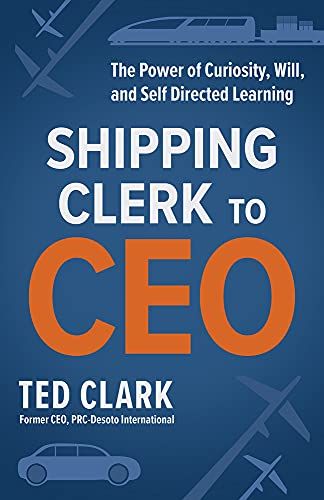
In the latest episode of the Chemical Transformations podcast , CCD Partners' Managing Partner Matt Dixon speaks with Ted Clark, former President and CEO of Royal Adhesives & Sealants, discussing his new book "Shipping Clerk to CEO: The Power of Curiosity, Will, and Self Directed Learning”. The book tells the story of Clark’s remarkable career journey from entry-level worker to CEO of a $240m chemical company by the age of 42.
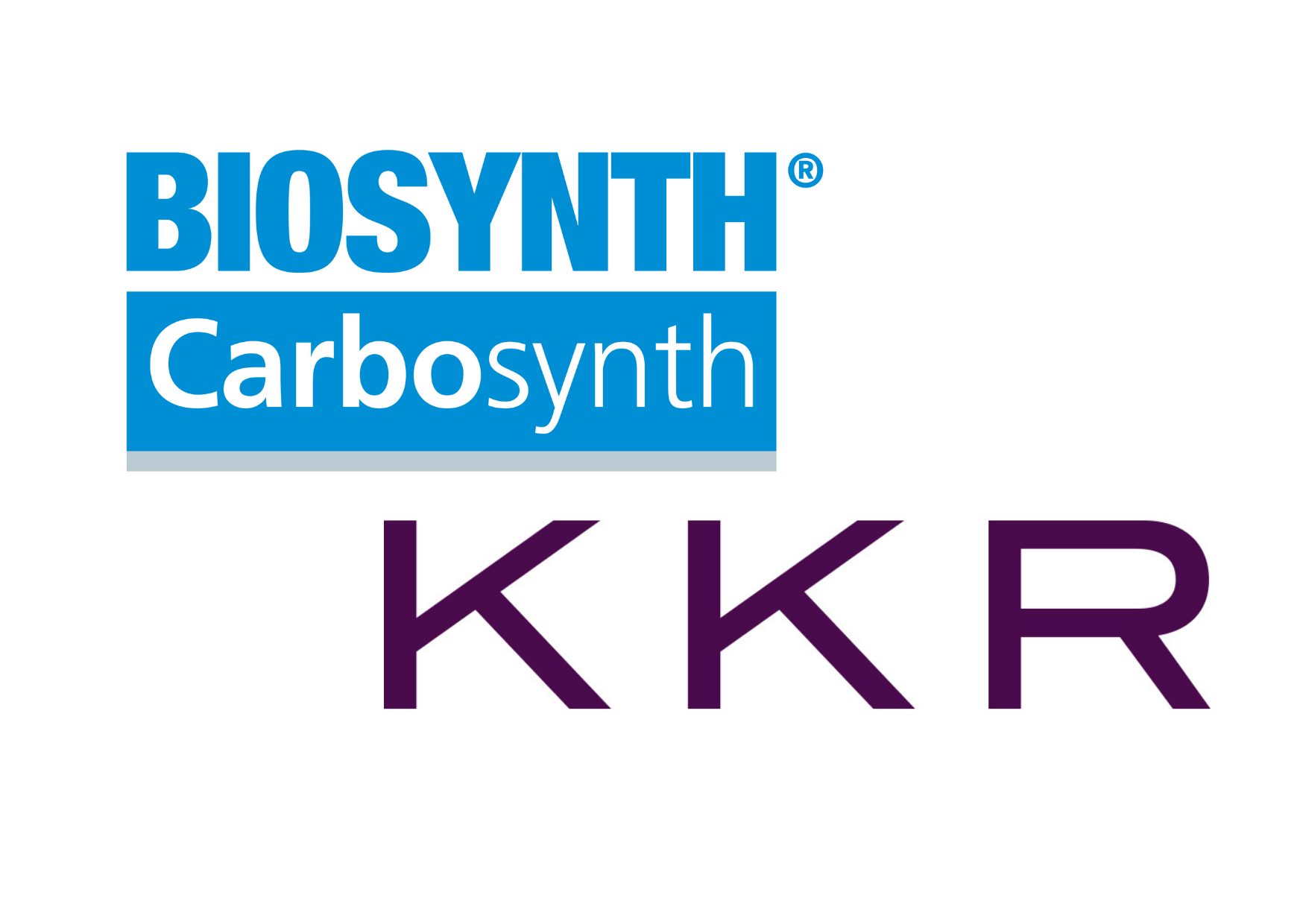
Biosynth Carbosynth is a fully hybrid Research Products, Life Sciences Reagents and Custom Synthesis and Manufacturing Services Company with global research, manufacturing and distribution facilities. They are the supplier of choice for many in the pharmaceutical, life science, food, agrochemical, cosmetic and diagnostic sectors and manufacture and source a vast range of chemical and biochemical products.
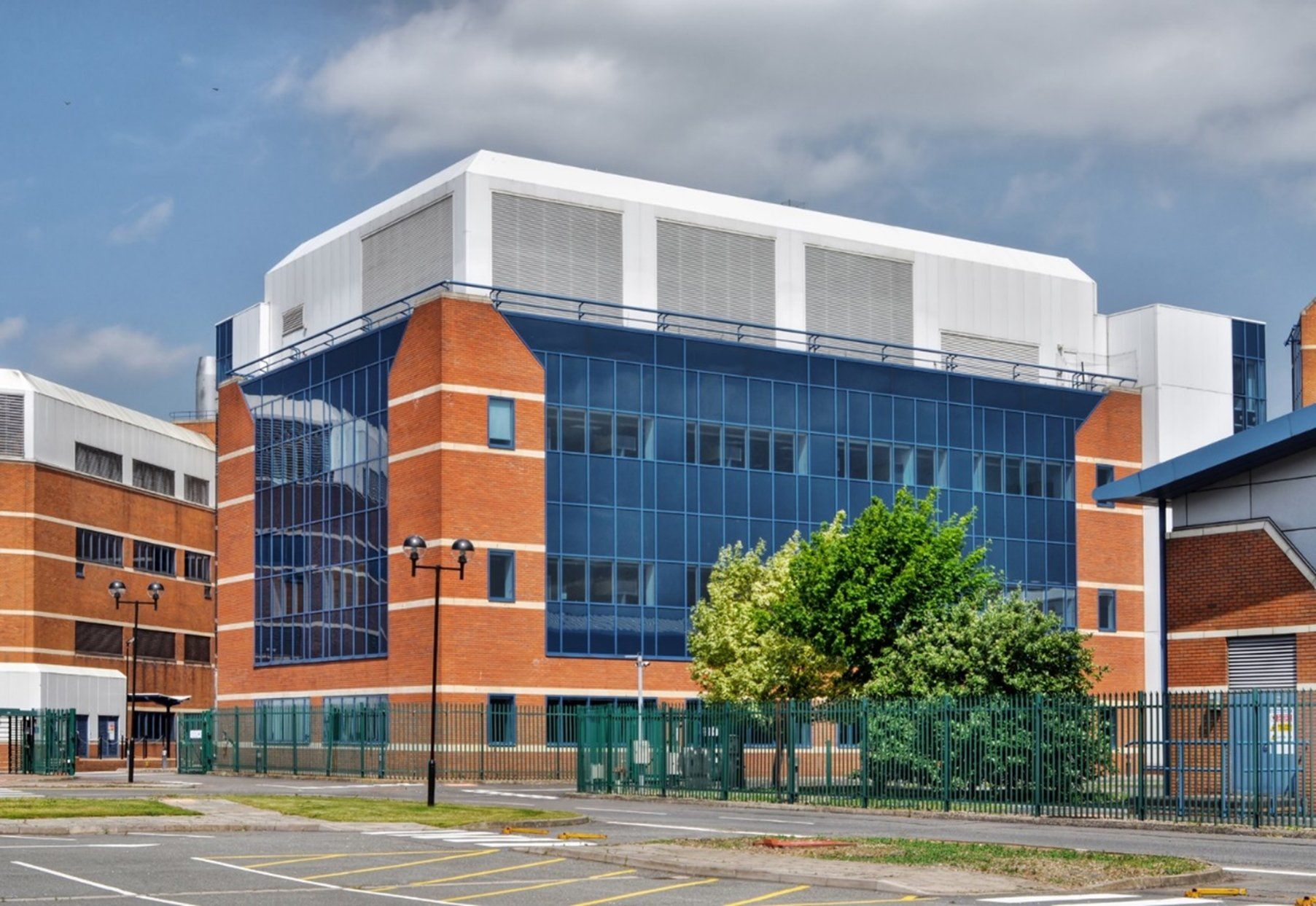
Steve Allin co-founded Charnwood Molecular with Phil Page in 1998. 22 years later, the business has evolved dramatically from its origins as a spinout of Loughborough University. Backed by a partnership with Synova Capital, the company is now preparing to move into a former AstraZeneca research facility and has already completed its first M&A deal, acquiring Aurelia Bioscience in summer 2021. CCD Partners’ Matt Dixon spoke with Steve about the journey from full-time academia to running a high-growth market leader.

